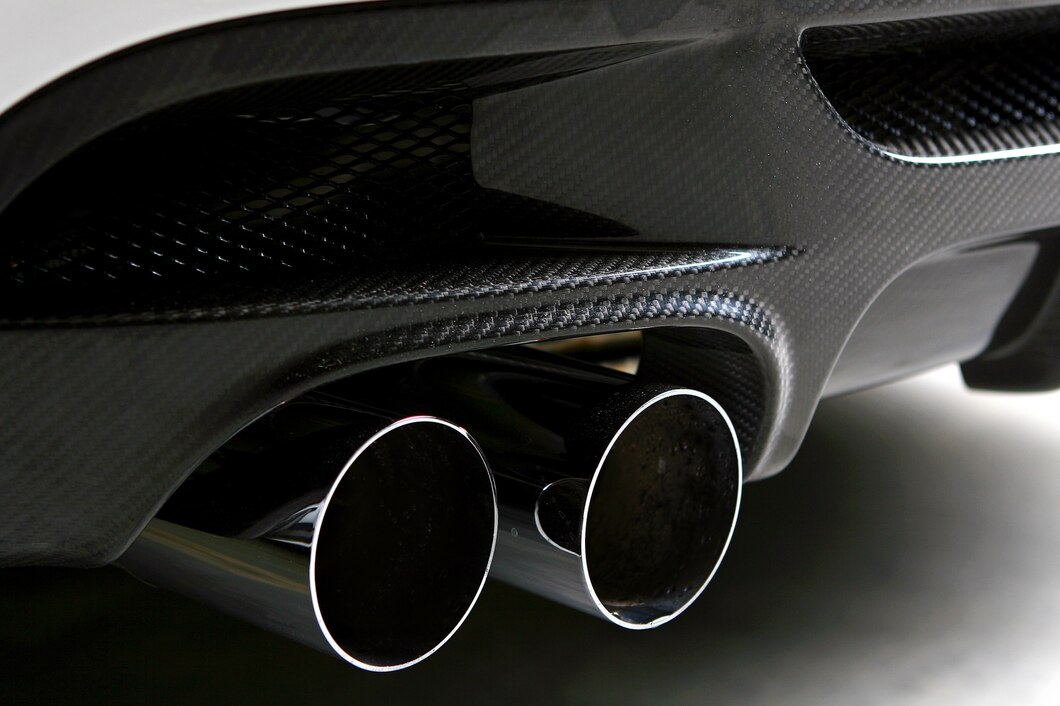The muffler is a crucial component of your car’s exhaust system, designed to reduce noise and manage the emissions produced by the engine. A malfunctioning muffler can lead to increased noise, reduced fuel efficiency, and potentially harmful emissions. Recognizing the early signs that your car’s muffler is broken can help you address the issue before it leads to more serious and costly repairs. Here are some key indicators to watch for:
1. Excessive Noise
One of the most noticeable signs of a broken muffler is a significant increase in the noise coming from your exhaust system. If your car suddenly sounds much louder than usual, especially when accelerating, it’s a clear indication that there could be a problem with the muffler.
Possible Causes:
- Rust or corrosion causing holes in the muffler
- Detached or broken internal baffles
- Loose or damaged exhaust components
2. Decreased Fuel Efficiency
A damaged muffler can negatively impact your car’s fuel efficiency. If you notice that you’re filling up your gas tank more frequently than usual, a malfunctioning muffler might be to blame. This is because a faulty muffler can disrupt the exhaust flow, causing the engine to work harder and use more fuel.
Possible Causes:
- Exhaust leaks
- Increased engine workload
- Improper exhaust flow
3. Unusual Odors
If you detect a strong, unusual smell coming from your car, it could be a sign of a problem with the muffler. This smell might be particularly noticeable when the car is idling or parked. It could indicate that exhaust fumes, which should be routed through the muffler and out the tailpipe, are leaking.
Possible Causes:
- Exhaust leaks
- Faulty seals or gaskets
- Corroded muffler
4. Visible Damage
Physical inspection of the muffler can reveal visible damage. Rust, holes, or cracks on the muffler or exhaust pipes are clear signs of trouble. Regularly checking under your car can help you spot these issues early.
Possible Causes:
- Rust and corrosion due to exposure to moisture and road salt
- Physical damage from road debris
- Wear and tear over time
5. Reduced Engine Performance
A broken muffler can affect your car’s overall performance. If you notice a reduction in power, sluggish acceleration, or unusual vibrations, the muffler could be the culprit. These symptoms occur because the exhaust system is not functioning efficiently, leading to reduced engine performance.
Possible Causes:
- Blockages in the exhaust system
- Leaks affecting back pressure
- Disrupted exhaust flow
6. Check Engine Light
In modern vehicles, the check engine light can be triggered by a variety of issues, including problems with the exhaust system. If your check engine light comes on, it’s important to have the car diagnosed by a professional to determine if the muffler or another component of the exhaust system is at fault.
Possible Causes:
- Exhaust leaks
- Faulty oxygen sensors
- Emission control issues
What to Do If You Notice These Signs
If you observe any of these early warning signs, it’s essential to take action promptly to prevent further damage and potential safety hazards:
- Inspect the Muffler: Conduct a visual inspection for any obvious signs of damage, such as rust or holes.
- Listen for Unusual Sounds: Pay attention to changes in the noise levels of your car’s exhaust.
- Monitor Fuel Efficiency: Keep track of your fuel consumption to detect any unusual increases.
- Seek Professional Help: If you suspect a problem with your muffler, take your car to a qualified mechanic for a thorough inspection and necessary repairs.
A broken muffler can lead to increased noise, reduced fuel efficiency, and potential safety issues. By recognizing the early signs of a malfunctioning muffler, you can address the problem before it worsens. Regular maintenance and prompt attention to any warning signs can help ensure your car’s exhaust system remains in good working order, keeping your vehicle running smoothly and safely.











